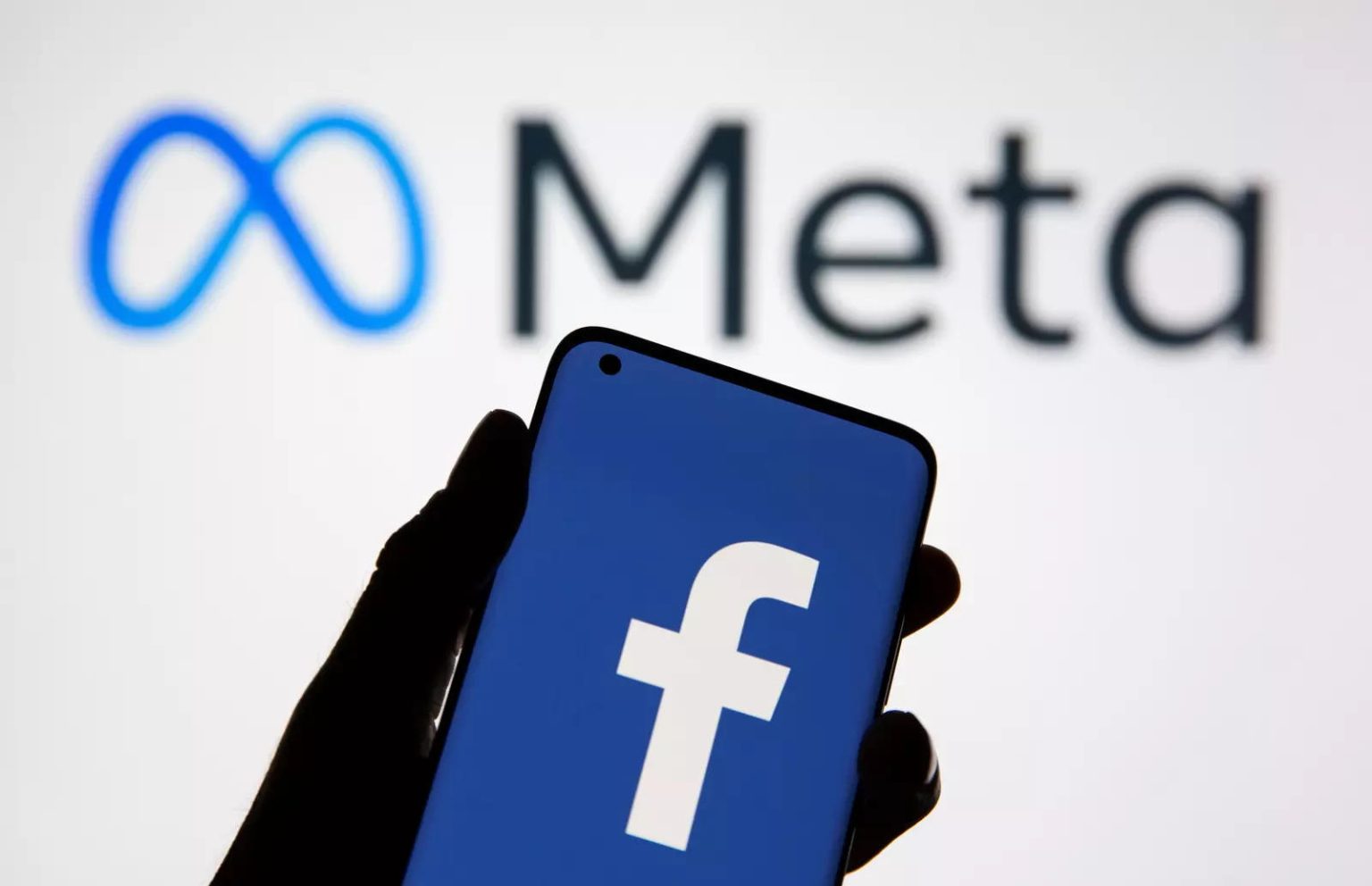
The CrowdTangle tool, considered vital for monitoring disinformation on social media, will be dismantled by the American group Meta in the coming months, a move that researchers describe as a “setback” in a year with elections in many countries.
The company that owns Facebook and Instagram announced that CrowdTangle will no longer be available from August 14, less than three months before the US elections.
The technology giant plans to replace it with a new tool that, according to researchers, does not have the same functions and will not be widely available to journalistic organizations.
For years, CrowdTangle has been a key platform for journalists and researchers, allowing them to track conspiracy theories and hate speech in real time on Meta's influential social networks, including Facebook and Instagram.
Removing the monitoring tool is a serious blow in a year when country exchanges were holding elections – an ideal time for false narratives to proceed.
“In a year when nearly half the world's population is called to vote, cutting access to CrowdTangle will severely limit independent monitoring of the harm,” Melanie Smith, director of research at the Institute for Strategic Dialogue (ISD), told AFP. in the English acronym).
“This represents a dangerous setback for the transparency of social media platforms,” he added.
Meta will replace CrowdTangle with Content Library, a technology still under development.
Several voices in the tech industry, including former CrowdTangle CEO Brandon Silverman, say it's not an effective alternative, especially ahead of the election when lies created with artificial intelligence are likely to multiply.
Meta will have to develop “an entirely new technology” to protect election integrity, Silverman told AFP, demanding “openness and transparency.”
“Direct threat”
Launched by Meta in 2016, CrowdTangle has helped researchers detect issues such as foreign interference, online harassment and incitement to violence.
In the 2020 election, Meta provided a platform for US election officials to help combat misinformation and attempts to stop people from voting.
Public panels were also made available to monitor what the main candidates published on their official networks.
Due to the risk of losing these features, the Mozilla foundation asked Meta, in an open letter, to maintain CrowdTangle at least until January 2025.
“Abandoning CrowdTangle when the Content Library lacks most of its core functions undermines the fundamental principle of transparency,” states the letter, signed by findings from researchers and technology watchdog groups.
Among the features missing from the new tool is the great search flexibility offered by CrowdTangle, whose removal would pose a “direct threat” to election integrity, the letter adds.
Meta responded, through its spokesperson Andy Stone, that what the letter alleges is “simply wrong” and that the Content Library will have “more complete data than CrowdTangle” and will be available to specialized academics and nonprofits in electoral integrity.
“A lot of concern”
The new Meta tool will not be available to commercial media outlets.
In recent years, journalists have used CrowdTangle to investigate topics such as health crises, human rights outreach and natural disasters.
Reporters also provided the tool to write articles that didn't leave Meta in a good light, about its difficulty in moderating online content and the abundance of pirated apps on its gaming platform.
CrowdTangle has been a crucial source of data that has helped “hold Meta accountable for implementing its policies,” Tim Harper, an analyst at the Center for Democracy and Technology, told AFP.
A Content Library will be available to organizations – including AFP – that are part of a Meta program for third-party verification of online content.
But other researchers and nonprofits will have to request access or opt for more expensive alternatives.
“It is not entirely clear whether independent researchers – already concerned about the loss of CrowdTangle functions – will have access,” said Carlos Hernández-Echevarría, Public Policy coordinator at the Spanish portal Maldita. “That’s a lot of concern,” he said.
© Agence France-Presse


